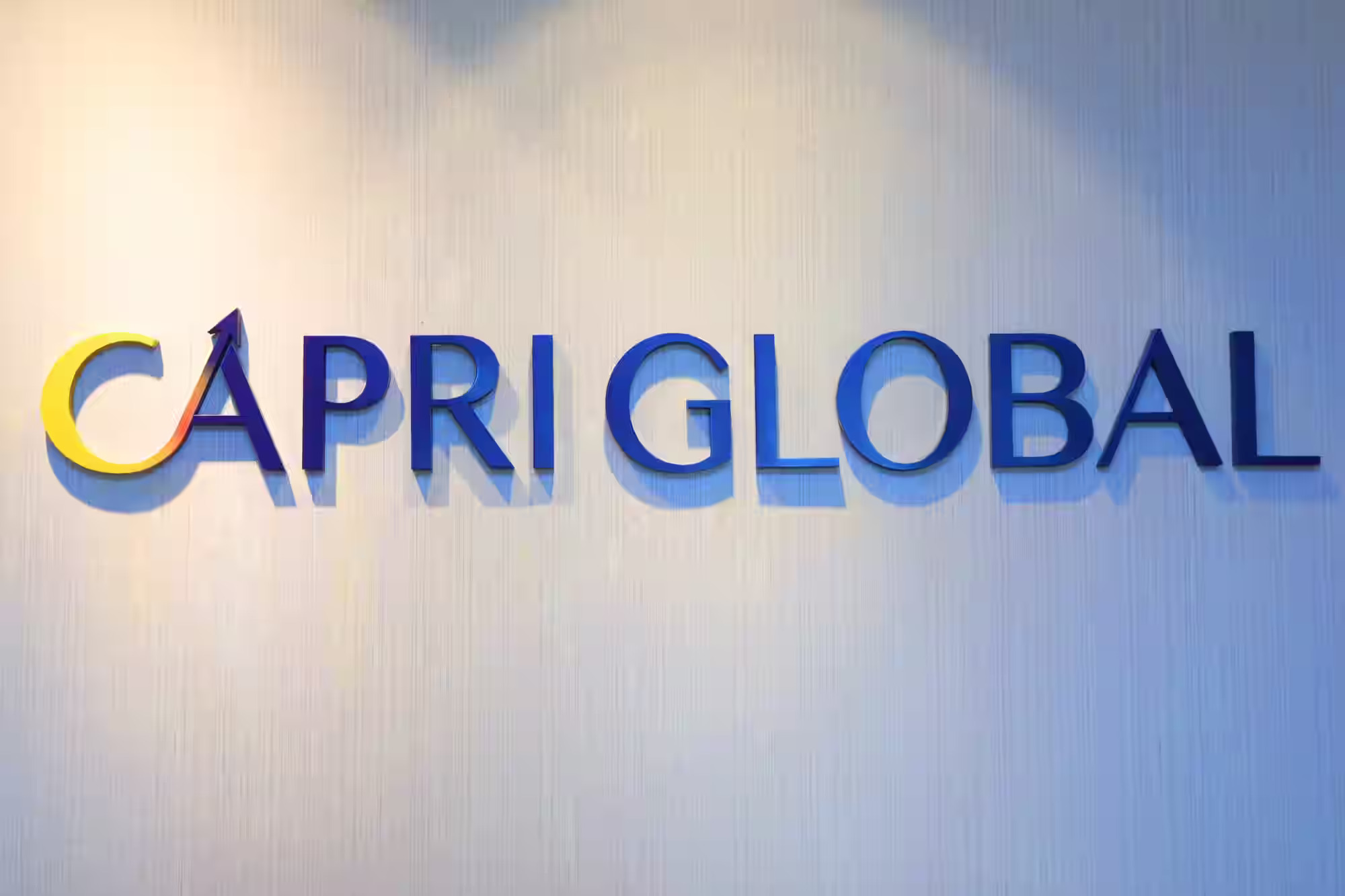In the first half of 2025, promoters and insiders have sold a record amount of shares worth thirty billion dollars. As a result, promoter holding in Indian listed companies dropped to a seven-quarter low at just above fifty percent. This trend naturally raises eyebrows. When the very people who built and run a business start selling their stake, investors often worry about underlying problems. However, not all promoter selling signals trouble. In fact, in many cases, it can be a sign of growth, compliance, or capital restructuring.

Let’s explore the three companies where promoters sold their stakes in the June quarter, yet the businesses remain fundamentally sound and continue to grow impressively.
Sagility India: Stake Sale for Compliance, Not Exit
Sagility India is a healthcare-focused business process management company, primarily operating in the US market. It provides services across the healthcare value chain, including diagnostics, case management, revenue cycle management, and payment integrity. Since its listing in November 2024, the company has gained investor attention for its consistent performance.
To meet SEBI’s public shareholding norms, Sagility’s promoters reduced their holding from over eighty percent to around sixty-eight percent by the end of June. This move was regulatory, not a signal of strategic withdrawal. On the contrary, Sagility’s Q1 results showed eighteen percent year-on-year revenue growth, supported by new client acquisitions and increased engagement from existing clients.
The company’s active client count more than doubled from thirty-five in the previous year to seventy-seven now. It is also investing in artificial intelligence-based use cases, already implementing eighteen AI tools for eight clients and developing more for future deployment. While customer concentration remains a risk—with the top three clients contributing nearly sixty-five percent of revenues—Sagility’s ongoing expansion plans and focus on automation suggest a healthy roadmap ahead.
Valuation-wise, the stock trades at a price-to-earnings ratio of forty-five, lower than some of its peers, indicating potential for re-rating.
Aptus Value Housing Finance: PE Exit, Not Weak Fundamentals

Aptus Value Housing Finance is a pioneer in affordable housing finance in South India, targeting low and middle-income segments, especially self-employed individuals from the informal economy. The company saw its promoter holding fall from fifty-three percent to just over forty percent in the June quarter. But this was mainly due to WestBridge Crossover Fund selling part of its stake, which is common with private equity investors seeking returns after a certain period.
Aptus continues to post strong financial results. Assets under management rose twenty-five percent year-on-year to over one hundred billion rupees. Total income also saw nearly twenty-eight percent growth, and profit after tax stood at seven point five billion rupees. Although rising borrowing costs impacted net interest margins slightly, asset quality remains strong, with a low loan-to-value ratio providing significant safety.
The company’s entire loan origination and recovery model is managed in-house, giving it tight control over credit risk and customer relationships. While geographical concentration remains a concern—with Andhra Pradesh and Tamil Nadu contributing over seventy-five percent of the total loan book—the company is slowly expanding into new states such as Odisha and Maharashtra.
Aptus trades at a fair valuation, with its price-to-book multiple slightly below its three-year average. With sound growth in both housing and non-housing loans, and strong return ratios, the company continues to deliver value.
Capri Global Capital: Fundraising for Growth, Not Red Flag

Capri Global is a large non-banking finance company with diversified operations across gold loans, MSME lending, housing finance, and construction finance. The promoter stake dropped from nearly seventy percent to below sixty percent due to fresh capital raised through a rights issue and institutional placement. This dilution, however, has positioned the company for aggressive expansion.
As of March 2025, Capri had a presence across more than one thousand one hundred branches and a consolidated loan book exceeding two hundred twenty billion rupees. Gold loans make up the largest chunk, followed by MSME and housing loans. Its net interest income grew thirty-five percent, while profit after tax surged over seventy percent, supported by a lower cost-to-income ratio and better operating leverage.
Asset quality has also improved significantly, and the company reported enhanced return on assets and higher pre-provision profits. With a clear vision to double its AUM to five hundred billion rupees by FY28, Capri is poised for sustained growth. The company’s premium valuation compared to its long-term average reflects the market’s confidence in its growth trajectory.
Final Take: Not All Promoter Selling Is Bad
It is important to look beyond the headlines when promoters sell shares. The reasons can be as simple as regulatory compliance, long-term capital planning, or private equity exits. As in the case of Sagility India, Aptus Housing, and Capri Global, business fundamentals remain intact, and in some cases, stronger than ever.
Investors must examine the intent behind the selling, track key financial indicators, and stay focused on long-term value. When used wisely, promoter selling can offer buying opportunities in fundamentally strong stocks that others might be too quick to judge.
For more financial insights and market stories that matter, follow You Finance on Instagram and Facebook.














